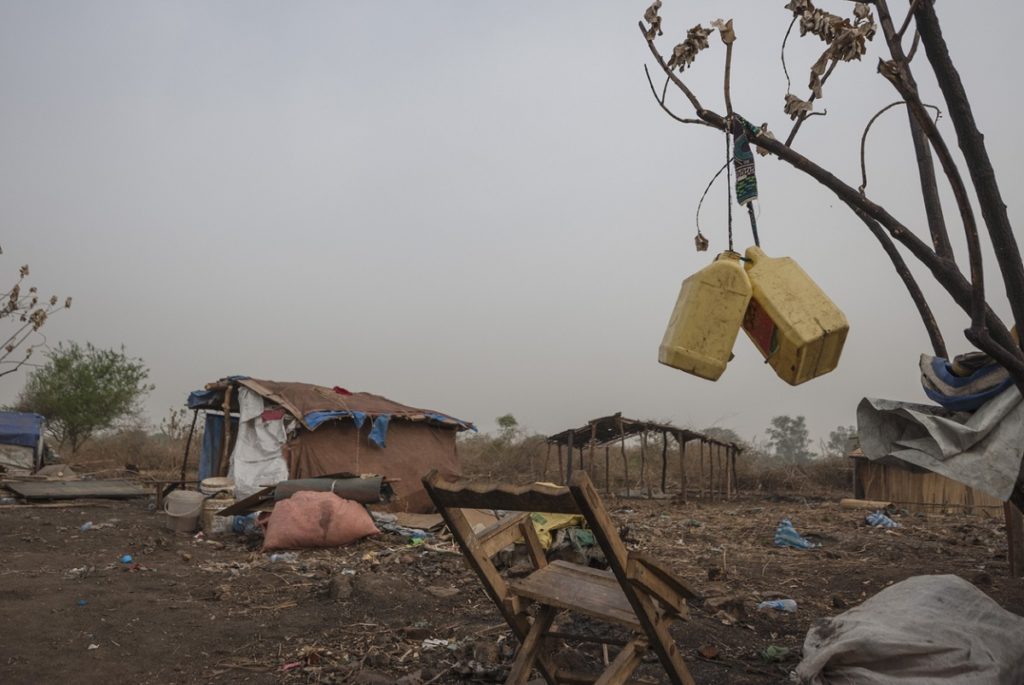Last week, Christian Aid launched an emergency global hunger appeal. That we had to take such a step feels like a collective failure. Famine is a term that should belong to history. You would be forgiven for having assumed that harrowing TV images of starving people are a relic of the 1980s.
Sadly, nothing could be further from our present reality. The stark fact– laid out by the UN in its recent hunger hotspots report – is that more than 30 million people in 20 countries are on the brink of famine, and without immediate action, many women, men and children will die.
In a growing number of the countries in which we work, from South Sudan to Ethiopia, and Afghanistan to Burkina Faso and North-Eastern Nigeria, millions of people are now confronting the terrible threat of famine. Women who must walk extreme distances to find water, dead livestock and failing crops caused by frequent droughts and intense floods, children who spend their school hours foraging for food.
The triple crisis of climate change, covid, and conflict has led to spiralling food prices and rising hunger in many of the world’s poorest communities. As the conversation in the UK and other wealthy countries turns to the end of pandemic restrictions and the promise of summer holidays, hunger threatens to entrench a great divergence between the recovery prospects of rich and poor countries.


The situation in South Sudan, a country where Christian Aid has worked since the 1970s, tells a grimly familiar story. There, over 7 million people – some 60% of the population – are struggling to get enough food to live on and 82% are living in extreme poverty.
According to the UN, six of the country’s counties are already categorised as being in a ‘Phase 5 Catastrophe’, which means people face starvation, death, destitution and debilitating levels of acute malnutrition; and 34 states are at level 4, meaning very high acute malnutrition and excess deaths.
We plan to respond by distributing food and cash, and by boosting the nutrition of young children and breastfeeding mothers, who are especially vulnerable to hunger. We are also planning to improve access to water, for drinking and for agriculture and livestock, and to support women’s livelihoods with start-up capital for local businesses.
Experience tells us that these simple measures can make a big difference. But we also know that, despite the 2018 peace agreement, ongoing conflict in some parts of the country has made an already difficult situation much worse. That’s why we are working with partners, including the South Sudan Council of Churches, to promote community and national peacebuilding efforts, and to reduce intercommunal fighting.
Against this backdrop, the recent UK government decision to cut aid to South Sudan by almost two-thirds feels at best reckless. One casualty of the aid cuts is Christian Aid’s church-led peacebuilding work. As Christian Aid approaches the British public to ask them to respond to the global hunger crisis, we also join a growing number of Conservative MPs in asking that the UK government reverse aid cuts to South Sudan and other affected countries, and work with us to consign famine to the history books.
Amanda Khozi Mukwashi is chief executive of Christian Aid. To give to Christian Aid’s emergency hunger appeal please visit: https://www.christianaid.org.uk/appeals/emergencies/global-hunger-emergency-appeal












